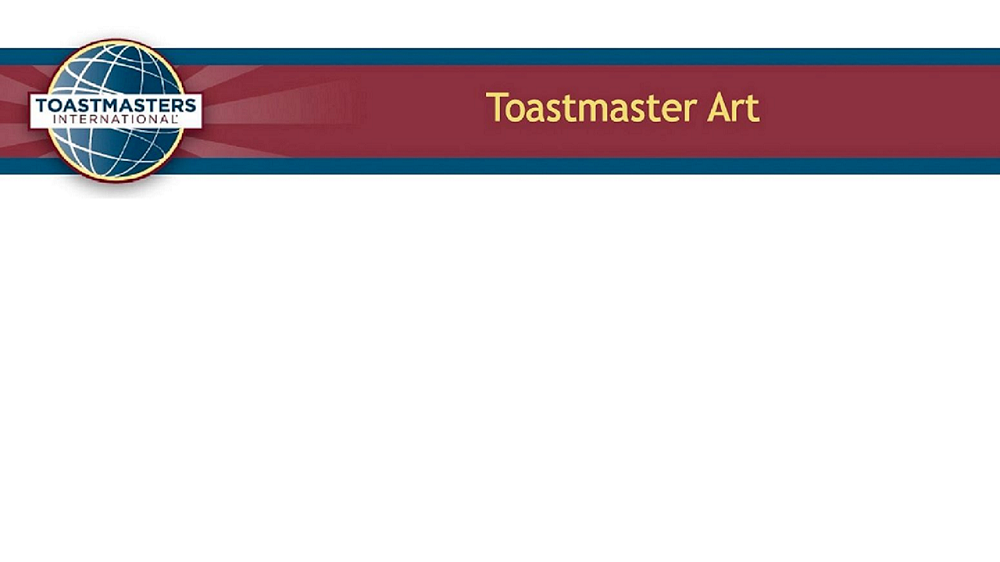“The grammarian plays an important role in helping all club members improve their grammar and vocabulary. I will listen to the language and grammar usage of all speakers, noting incomplete sentences, mispronunciations, grammatical mistakes, non-sequiturs, malapropisms, etc.”
That is the role description the grammarian at my club shares at the top of the meeting to describe her role responsibilities, but I wonder how many of us truly know what all these things are. In a multi-part posting, I will describe each of these, so that as meeting grammarian you have a better take on what your ears need to detect.
In this posting, we will consider incomplete sentences.
I suppose these occur more in conversational, interactive contexts than when delivering a speech. You start a sentence but never end it, putting in place the period. Instead, were it to appear in written form, it would end with an ellipsis.
Example: I was planning to go to the store, but . . .
Example: Were you going to give a speech at the next meeting, or . . .
I hear these on occasion in my position as a transcriptionist, and I confess that I’ve let things trail off on occasion. The ellipsis is a verbal invitation for the other party to jump in, but that’s in the case of a conversation. A speech is not a conversation, however, so the ellipsis is a bad thing.
Solution: Have mentally ready your complete thought, even if it requires you to take a moment to fully encapsulate it. Remember that in speech presentation a pause is a good thing, so use one if need be to finish in your mind the sentence. What happened as you were planning to go to the store? Were you or were you not going to give a speech at the next meeting?
Your audience would appreciate a complete thought, so why not provide it?

